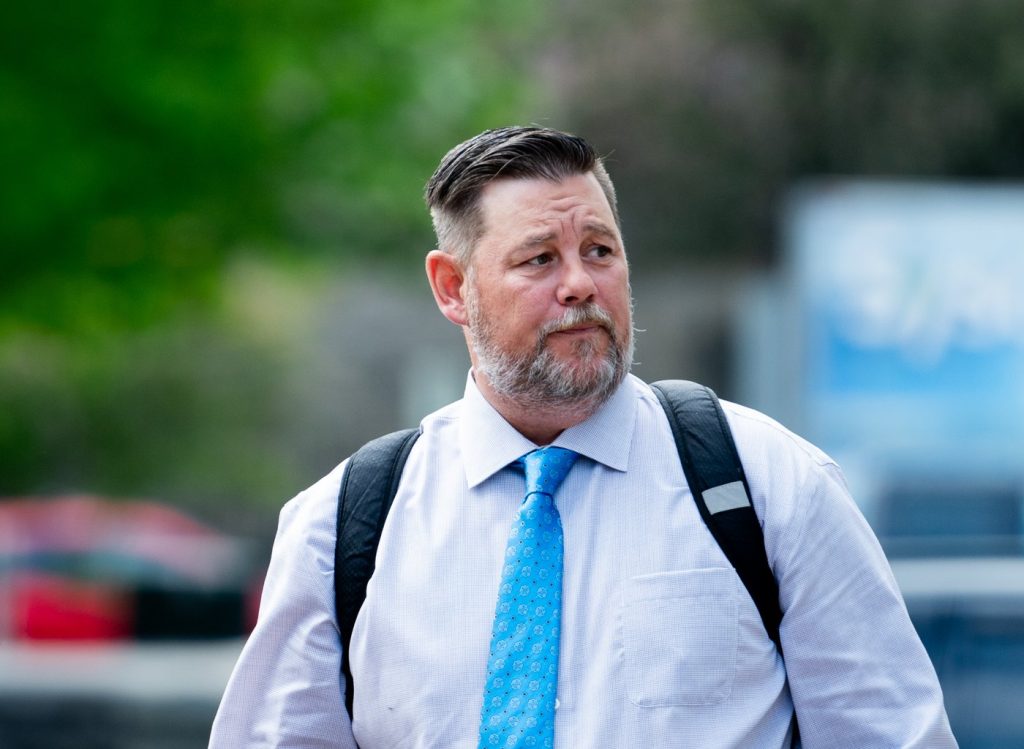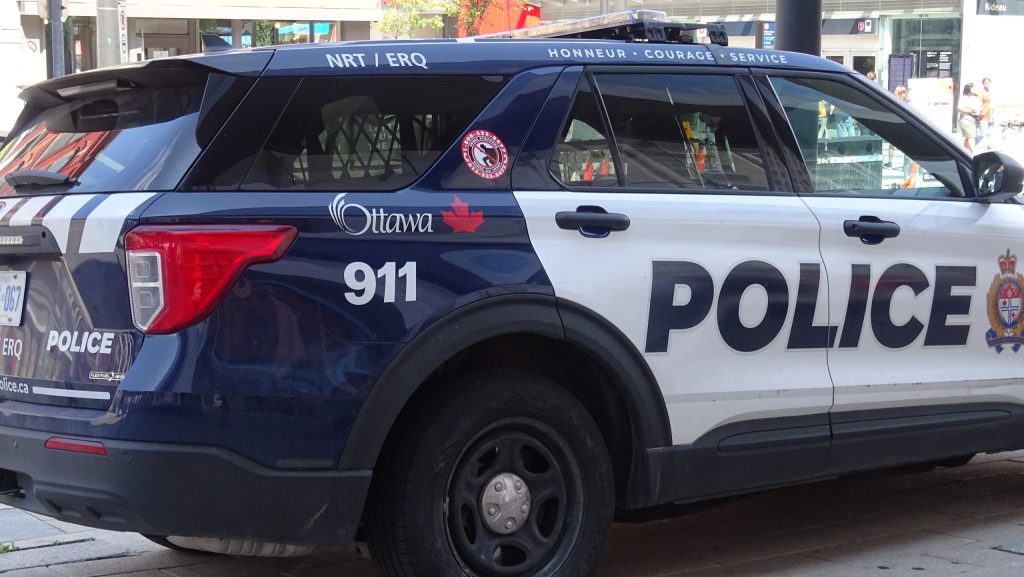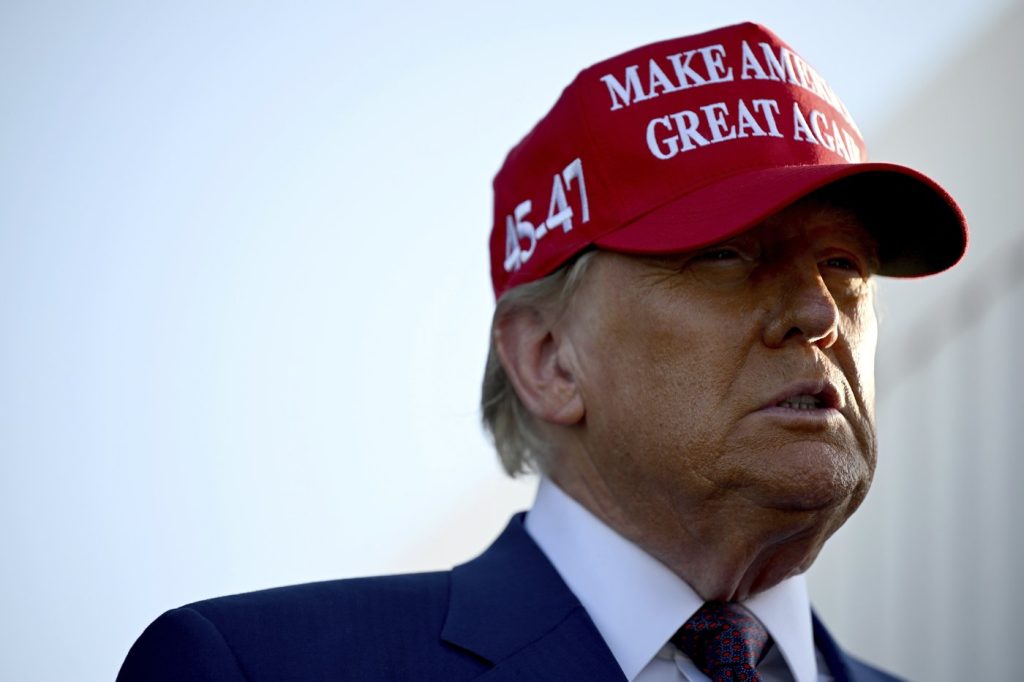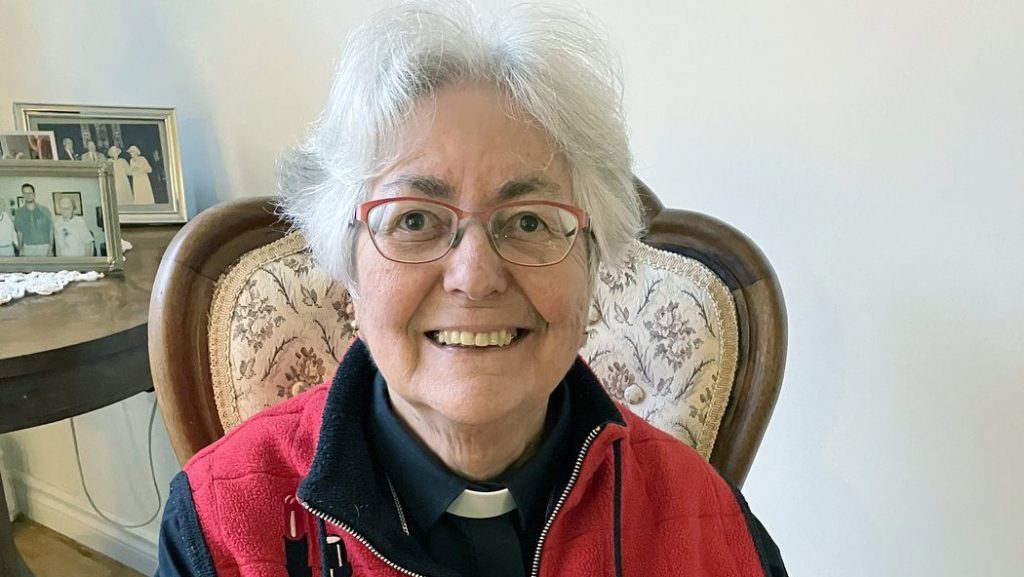Court hears closing arguments in ‘Freedom Convoy’ organizer Pat King’s criminal trial

Posted Jul 26, 2024 02:45:20 PM.
Last Updated Jul 27, 2024 06:44:33 AM.
OTTAWA — The criminal trial of a prominent organizer of the 2022 “Freedom Convoy” heard final arguments Friday in a case that centres on the line between the right to protest and unlawful behaviour.
The defence maintains Alberta resident Pat King was peacefully protesting during the three-week demonstration in Ottawa that gridlocked downtown streets to oppose COVID-19 public health restrictions.
Meanwhile, the Crown alleges he was a leader in that demonstration, and was instrumental in the disruption it caused the city and people who lived and worked nearby.
King has pleaded not guilty to mischief, counselling others to commit mischief, obstructing police and other offences.
The convoy attracted thousands of demonstrators to Parliament Hill in protest against public-health restrictions, COVID-19 vaccine mandates and the federal government.
The Superior Court judge is expected to rule on the case on Oct. 4.
Defence lawyer Natasha Calvinho wrapped up her arguments on Friday by asking the court to dismiss the charges against King, and blamed police, city officials and other protesters for allowing tensions to escalate during the protest.
Calvinho argued King was a peaceful protester and was not in any way a “leader.”
“They did have the right to be downtown and peacefully protest,” Calvinho told the court Friday.
The Crown is relying mainly on King’s own videos, which he posted to social media throughout the protest to document the demonstration and communicate with protesters.
Crown prosecutor Emma Loignon-Giroux alleged King co-ordinated the honking from massive big rigs across the downtown core, and ordered them to lay on the horn every 30 minutes for 10 minutes at a time.
He also told people to “hold the line,” when he allegedly knew police and the city wanted protesters gone, Loignon-Giroux said in her closing arguments.
She pointed to one particular instance, when King helped move 80 trucks to block off a major street in downtown by “turning it into a three-lane parking lot.” He encouraged his social media followers to help gridlock the city, and led a convoy of trucks who rolled slowly down a local highway and around the Ottawa airport to grind traffic to a near halt, she said.
“We all have as Canadian citizens the right of freedom of expression and assembly. Those rights are given to us through the Charter, and they’re extremely important, but as I mentioned they’re not without limitations, not without limit,” Loignon-Giroux said.
“They’re not absolute.”
The Crown argued the Freedom Convoy became unlawful as soon as it interfered with people’s lawful use and enjoyment of public property, and should be considered as group mischief.
She rejected the notion the case is about freedom of expression and assembly, and said there’s no Charter application before the courts alleging King’s rights have been breached.
Justice Charles Hackland interrupted both the Crown and defence several times during their closing arguments to ask questions.
He asked Calvinho several times how particular elements of the defence’s evidence was relevant to King and the charges he was facing.
Calvinho often responded that her evidence provides context, which she says the Crown’s case lacks.
Ultimately all levels of government failed Ottawa residents with their response to the protests, she argued, which is not the fault of King or others who protested lawfully.
The justice also questioned whether the Crown had established a enough evidence to link King to the mischief happening at the demonstration.
“I’m seeing a man driving around, shouting out the window,” Hackland said of social media videos that show King yelling “freedom,” “hold the line” and other messages of encouragement.
“That’s being a party to mischief, because what’s going on in the background is mischief?” the judge asked.
The Crown told the judge the videos shouldn’t be looked at in isolation, but should be considered together to get a full picture of King’s involvement.
At the end of the arguments, a small crowd of King’s supporters applauded the defence from the benches in the courtroom.
King, who attended the hearing by video conference, unmuted himself to say “great job, Natasha.”
This report by The Canadian Press was first published July 26, 2024.
Mickey Djuric, The Canadian Press








